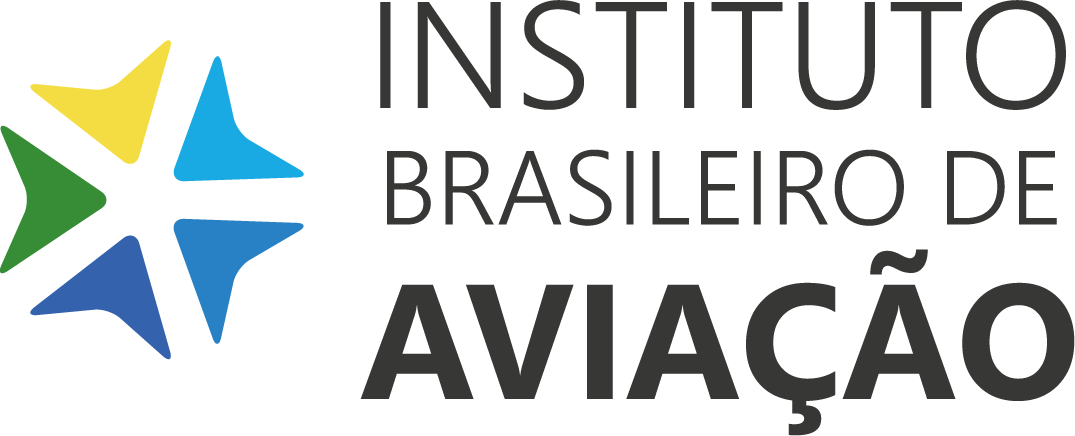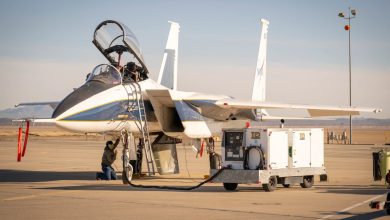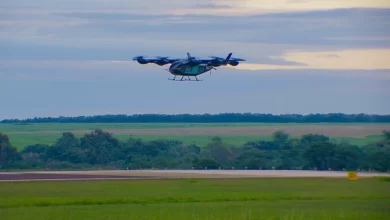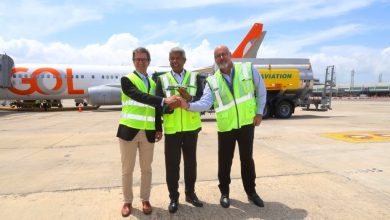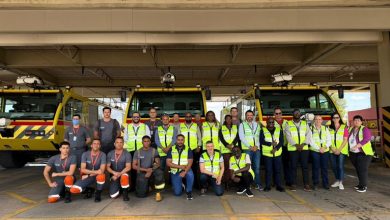Aeronaves elétricas ganham destaque com baterias mais fortes
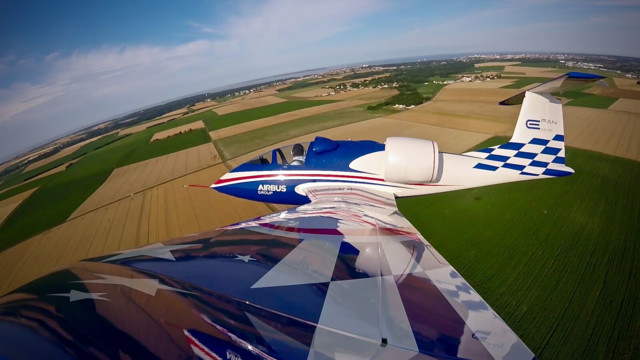
Electric planes are not yet crowding the skies, but the technology that’s already powering a growing number of autos is slowly evolving and some day may be the aviation norm.
Still, it’s a ways off yet for the equivalent of Priuses and Teslas with wings.
As engineers work on the problem of battery weight and power, manufacturers are creating all-electric and hybrid planes to test and eventually attain Federal Aviation Administration certification.
At the EAA AirVenture in Oshkosh this week, Airbus unveiled its latest E-Fan hybrid experimental plane, and a Colorado company brought an all-electric trainer prototype it hopes to begin manufacturing in a couple years.
The upsides of electric flights are a much quieter plane that’s more environmentally friendly and cheaper to operate. But the technology hasn’t evolved far enough for a plane that can fly for many hours.
Aero Electric Aircraft Corp. CEO George Bye pointed to the rapid improvement in lithium ion batteries over the last few years — on average a 10% increase in battery energy density each year — which now means an all-electric plane can travel as long as three hours without the need to recharge.
Bye’s company is taking $5,000 deposits on its Sun Flyer trainer prototype with the goal of starting manufacturing once it gets FAA certification in two to three years. So far, almost 100 people have made deposits on the $249,000 electric trainers.
“You can see over the last five to seven years this wonderful improvement in battery technology,” Bye said as he drew a line chart with energy density figures of watt hours per kilogram. “The batteries are improving rapidly, and research is advancing the technology because of the batteries in Tesla cars and cell phones.”
Trainers are typically flown up to 90 minutes each flight by aspiring pilots earning their wings, usually taking off and landing at the same airport. Aero Electric officials think an all-electric trainer will be sought after because of the aging fleet of planes now used as trainers — Cessna 172s and Piper Cubs — a strong need for new pilots to replace a large group now reaching retirement age and affordability. The estimated hourly cost of a Sun Flyer is $24 compared with $107 for a Cessna 172.
“One of my questions is ‘How long can it fly?'” said Sophie Lancereau as she walked slowly around the gleaming white Sun Flyer at EAA AirVenture.
The Belgian woman is not yet a pilot but plans to get her private pilot’s license. She was surprised to hear the Sun Flyer can fly for as long as three hours on one charge.
“I think it’s definitely the new generation of airplanes. I didn’t think the technology was there yet for enough energy and power,” said Lancereau.
Airbus brought its E-Fan prototype to AirVenture, which the French company doesn’t intend to sell but is using to test the technology. On Tuesday the diminutive E-Fan was parked next to a Jet Blue Airbus 320 on Boeing Square as folks crowded around to snap photos of the future of aviation.
The E-Fan making its U.S. debut this week in Oshkosh is exactly the same as the all-electric plane that flew across the English Channel last year. It uses electric batteries and motors to take off and reach cruising altitude before switching to a gas engine to recharge the batteries. Pilots then switch back to electric to land.
“It’s an important research platform for us at Airbus to understand the technology of electric flight,” said Andy Anderson, chief operating officer of Airbus’s Corporate Technology Office.
E-Fan motors are powered by a series of lithium ion batteries in the wings which removes the power source from the cockpit and allows for cooling of the batteries. The current E-Fan version’s batteries allow for flights up to an hour.
The 22-foot-long plane features two fans behind the 31-foot wings and can reach a maximum speed of 230 mph.
The Sun Flyer trainer travels at up to 90 mph and features a parachute recovery system in the event of an emergency. Bye said even though some people might have misgivings about flying in an all-electric plane, the day will arrive when it will be natural.
“It’ll come. There will be hybrids first just like with cars. Everyone sees it coming,” said Bye.
Fonte: AviationPros 27/07/2016
